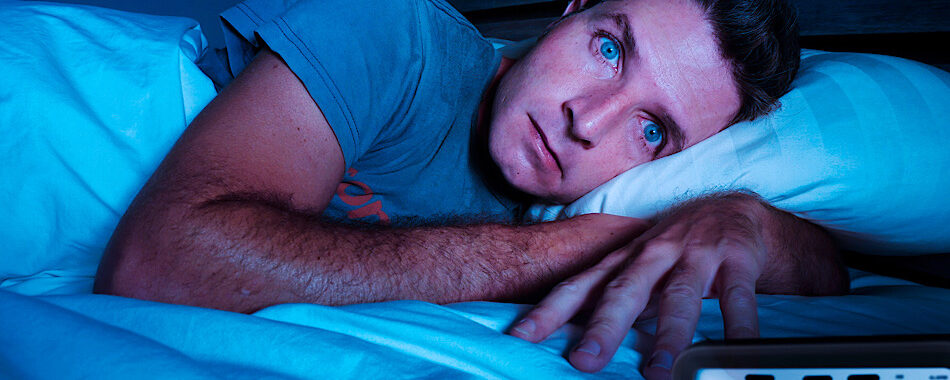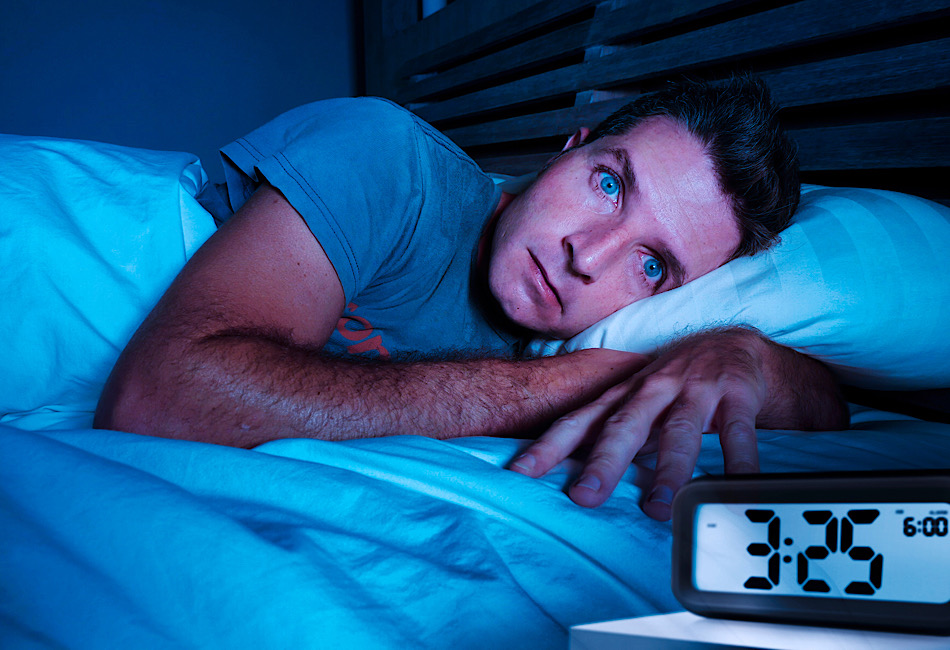Can an hour’s time change disrupt our body, sleep, and mental health?
Go toward the light
Research suggests that changing our clocks twice a year can have various health consequences. Of the two, springing ahead one hour tends to be more disruptive. That hour change can upset our circadian rhythms, the body’s natural 24-hour cycles regulating key functions like appetite, mood, and sleep.
“Disrupted sleep can cause people to feel fatigued, groggy, and less focused,” says Dr. Czeisler.Poor sleep caused by DST also can exacerbate existing problems like depression, anxiety, and seasonal affective disorder.
Alter your bedtime.
In the fall, about three days before the time change, go to bed and wake up 10 to 15 minutes later than usual. The next night, aim for 20 to 30 minutes, and then 30 to 45 minutes on the third night. By the end of this period, your body would have adjusted to that later hour.
In the spring, reverse this about three days before the time change, go to bed and wake up 10 to 15 minutes earlier than usual. The next night, aim for 20 to 30 minutes, and then 30 to 45 minutes on the third night. By the end of this period, your body would have adjusted to that lost hour, and you won’t have the stress of trying to quickly cat h up on your sleep.
Take afternoon naps. If you feel tired in the afternoons after DST starts in the spring, take scheduled midday naps for 20 to 30 minutes (napping longer than that can make you feel even more groggy).
Get more light. During the first week after the time change, try to get about 15 minutes of exposure to evening light during fall back and morning light during spring forward, which can help maintain your circadian rhythms. Another option is to use a light box that produces a bright white light.
Delay your day. For several days after the time change, adjust beginning your daily routine for an hour plus or minus. Your internal clock is still running an hour ahead or behind, so you give it a chance to adjust. Gradually adjust your start time by 10 or 15 minutes; within a week, your body’s clock should be reset to the new time.
Curb the alcohol and caffeine. Cut back on drinking alcohol and caffeinated beverages several days before and after the time change, as they can disrupt your sleep.
Adopted from: Harvard Health Publishing https://www.health.harvard.edu/staying-healthy/the-dark-side-of-daylight-saving-time


